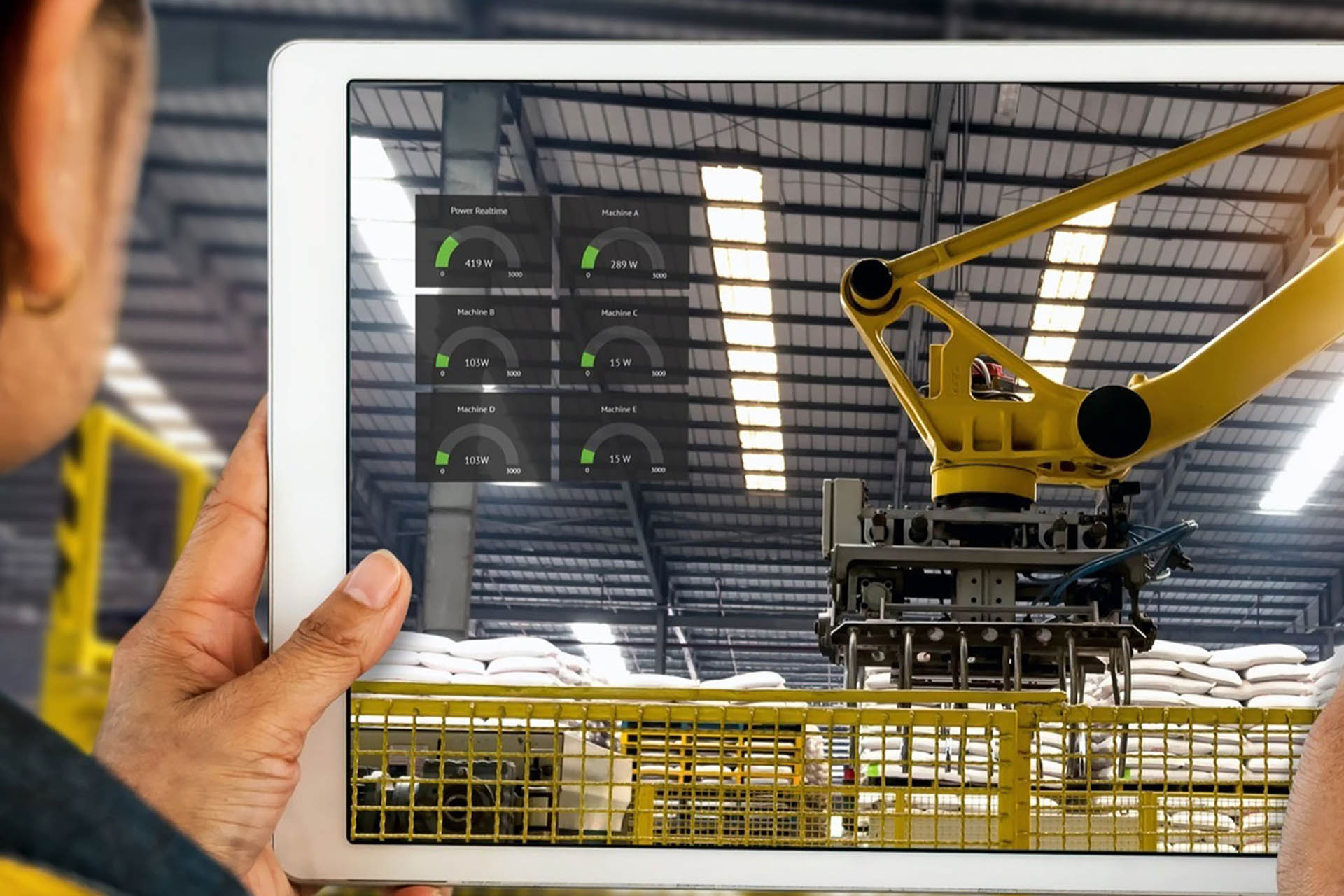Heap & Partners is a Wirral-based SME which designs and manufactures valves for a range of industries worldwide, including oil & gas, pharmaceutical and nuclear. They approached the academics and industry experts at VEC, with a brief to demystify digital and explore how industry 4.0 technologies could make its product development more efficient and support its sales process.
The challenge
Many of Heap & Partners’ products are large and heavy, weighing up to 40kg. This presented obvious logistical challenges when transporting products to showcase them in front of customers and investors. With trade shows and remote meetings being a key route to market for Heap & Partners to grow its international customer base, it needed a digital solution to boost engagement with prospective customers.
In addition, a requirement to produce prototypes and experimental valves as part of its sales process was leading to wasted raw materials if the products were not taken forward.
Heap & Partners’ had an initial notion to explore additive manufacturing; focusing on improving existing 3D models and Computer-Aided Design (CAD) data skills in order to develop a 3D printed equivalent of a product. This could be used as a proof of concept prior to further investments and design decisions.
The solution
Working in a collaborative project with a team from Science Technology Facilities Council’s (STFC) Hartree Centre, it quickly became apparent that the 3D printed model alone would not answer all the firm’s challenges.
Engineers and academics from VEC were able to define, scope and keep the R&D project on track. They proposed an augmented reality app which would allow users to explore the internal workings and components of one of the company’s valve designs. An iOS-based AR program, based upon a CAD drawing, was developed to act as a companion technology to the 3D printed valve.
The app uses a QR code or object recognition as a trigger, presenting an X-ray style AR representation of the internal workings of the valve. By highlighting a component, the prospective customer is presented with a summary of the features and technical data associated with the highlighted component, helping to expand their understanding of its benefits and potential.
Benefits
Heap & Partners was able to successfully deploy the new app at an international trade show within days of the project finishing. It’s now used across the majority of the company’s product line and helps its sales and marketing teams retain a competitive edge. The company invested in its own 3D printer, accelerating product development and reducing waste in the process.
A digital-first approach to product development is now embedded across the firm. Through the relationship with the University of Liverpool, Heap and Partners employed a postgraduate on a three-year Knowledge Transfer Partnership, exploring future implementation of industry 4.0 across the business. Following the success of this first project, Heap & Partners has continued to work with the VEC to enhance its 3D manufacturing capabilities and this year invested in a dedicated 3D printing room with a resin printer and filament using a casting wax process, 3D print and mould.
The company’s new capabilities have allowed it to offer support to several organisations during the Covid-19 pandemic, accelerating the development and 3D production of valves to ensure correct airflow levels in ventilators. The company has also used its expertise to prototype and print face mask visors for care homes across the UK.
The VEC has been an invaluable partner, allowing us to take our business into new directions. Covid-19 has created market volatility and, as a business which sources component from China, we are keen to reduce our import requirements and manufacture more on home soil. We believe the VEC’s expertise in autonomous systems, advanced visualisation plus the investments we’ve already made in additive technologies, will allow us to become more even more competitive, reducing costs, exploring new ways to communicate, products and markets.
David Millar, Managing Director at Heap & Partners
Back to: Digital innovation with the University of Liverpool
